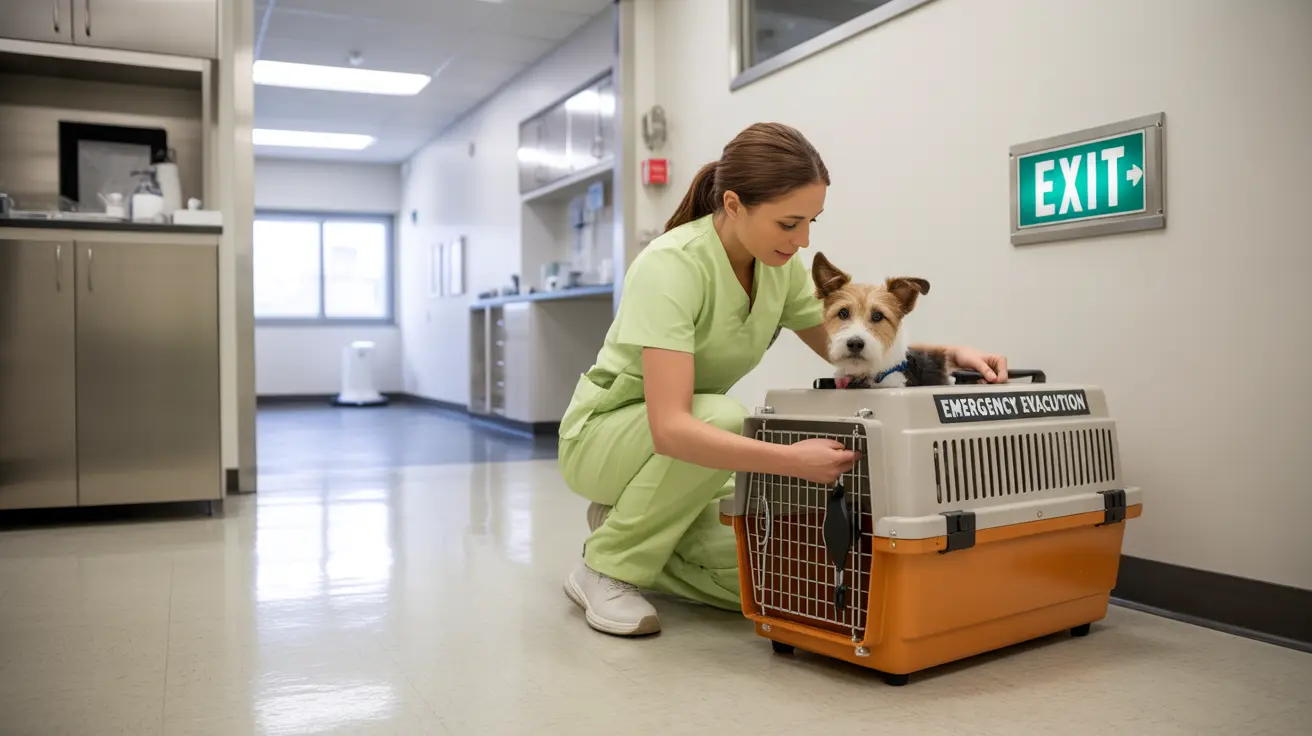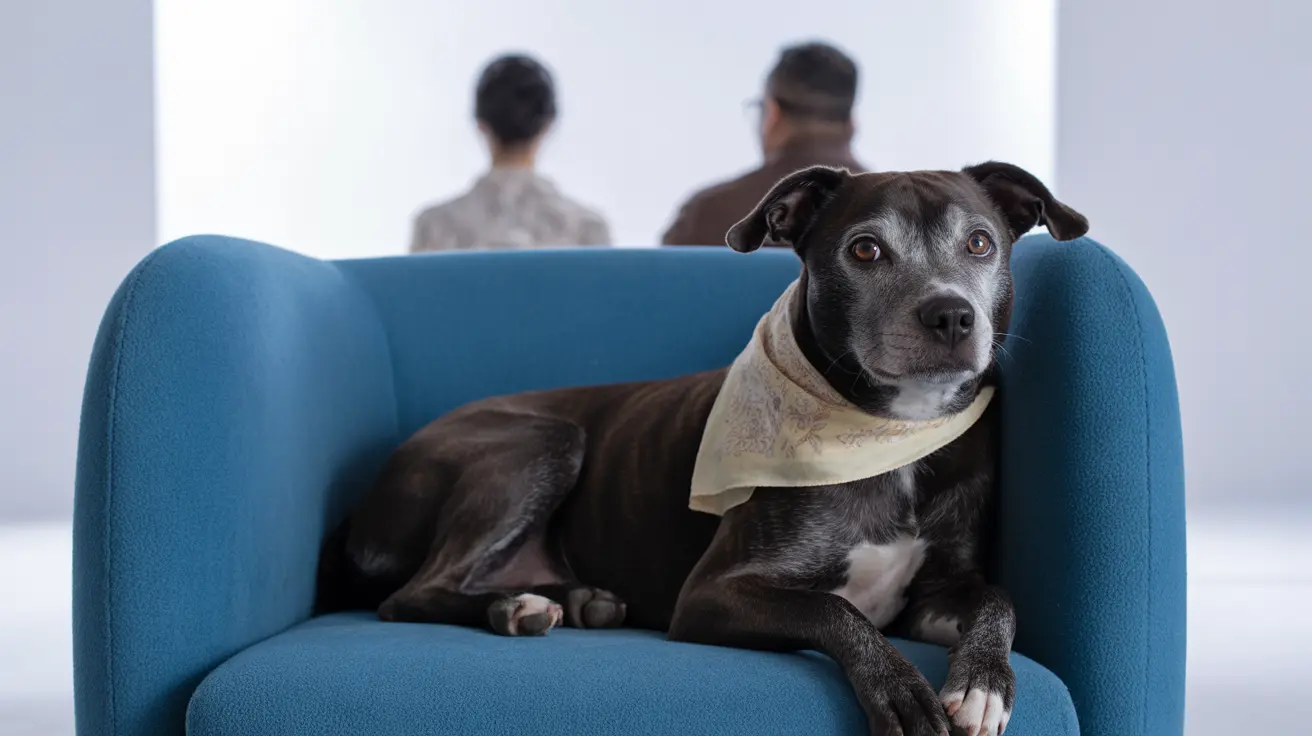Can Cat Litter Cause Sneezing in Cats?
It's not uncommon for cat owners to notice their feline friends sneezing now and then. While an occasional sneeze is usually harmless, frequent or persistent sneezing can be a sign that something is bothering your cat. One often-overlooked culprit? Cat litter.
Why Litter May Cause Cats to Sneeze
Cats are extremely sensitive to their environments, especially when it comes to their respiratory systems. Certain types of litter can irritate their nasal passages and lead to sneezing episodes.
- Dusty Litter: Many clay-based litters produce a lot of dust, especially when poured or stirred. This dust can be inhaled by your cat, leading to sneezing and respiratory irritation.
- Scented Litter: Some litters contain perfumes or deodorizers designed to mask odors. These strong scents can irritate a cat’s sensitive nose, triggering sneezing.
- Chemical Additives: Additives used to control odor or clumping may also act as irritants to your cat’s respiratory tract.
- Granule Size: Finer litters are more likely to become airborne when disturbed, increasing the chance of inhalation.
Other Environmental Irritants
Litter isn’t the only thing that can make your cat sneeze. Here are some other household irritants:
- Cigarette Smoke
- Cleaning Products
- Pollen and Mold
- Perfumes and Air Fresheners
Distinguishing Between Litter Irritation and Medical Issues
It’s important to determine whether litter is the cause of your cat’s sneezing or if something more serious is at play. Be on the lookout for additional symptoms:
- Nasal discharge (clear, yellow, green, or bloody)
- Eye discharge or redness
- Coughing or wheezing
- Difficulty breathing or open-mouth breathing
- Lethargy or decreased activity levels
- Loss of appetite
If these symptoms accompany the sneezing, a veterinary evaluation is recommended.
How to Minimize Litter-Related Sneezing
To reduce your cat’s exposure to irritating litter, consider implementing these tips:
- Switch to Low-Dust or Dust-Free Litter: These are specifically designed to minimize airborne particles.
- Choose Unscented Options: Fragrance-free litters are less likely to irritate sensitive noses.
- Try Alternative Litter Materials: Litters made from recycled paper, corn, or wood pellets often produce less dust.
- Clean the Litter Box Frequently: Daily scooping and routine washing help reduce bacterial build-up and odor, making harsh chemicals less necessary.
- Pour Litter Gently: To prevent dust clouds, pour new litter slowly and consider doing it in a well-ventilated area.
When to See the Vet
If changing litter doesn’t resolve the sneezing, or if new symptoms arise, it’s time for a vet visit. Your veterinarian may perform:
- Physical Examination
- Environmental Assessment
- Dental Exam: Dental issues can cause sneezing due to oral-nasal connections.
- Imaging: X-rays or CT scans to identify blockages or growths
- Rhinoscopy: A small camera to evaluate the nasal passages
- Lab Tests: Swabs, cultures, or bloodwork to detect infections
Preventive Measures
Prevention is key to keeping your cat healthy and sneeze-free. Here are some proactive tips:
- Maintain a dust-free environment
- Regularly groom your cat, especially if they go outdoors
- Ensure vaccinations are up to date
- Minimize exposure to irritants like smoke or cleaning fumes
- Attend annual wellness exams for early detection of problems
When Sneezing Is Normal
Occasional sneezing isn’t necessarily a concern. It can be part of the cat's natural response to clear dust or other mild irritants. However, frequent or persistent sneezing should always be evaluated to rule out underlying health issues.
Conclusion
Litter can indeed cause cats to sneeze, especially if it’s dusty or scented. By choosing the right litter and maintaining a clean, allergen-free home, you can help minimize your cat’s discomfort and support their respiratory well-being. Always seek veterinary advice if sneezing continues or worsens, as this may be indicative of more serious health issues.





